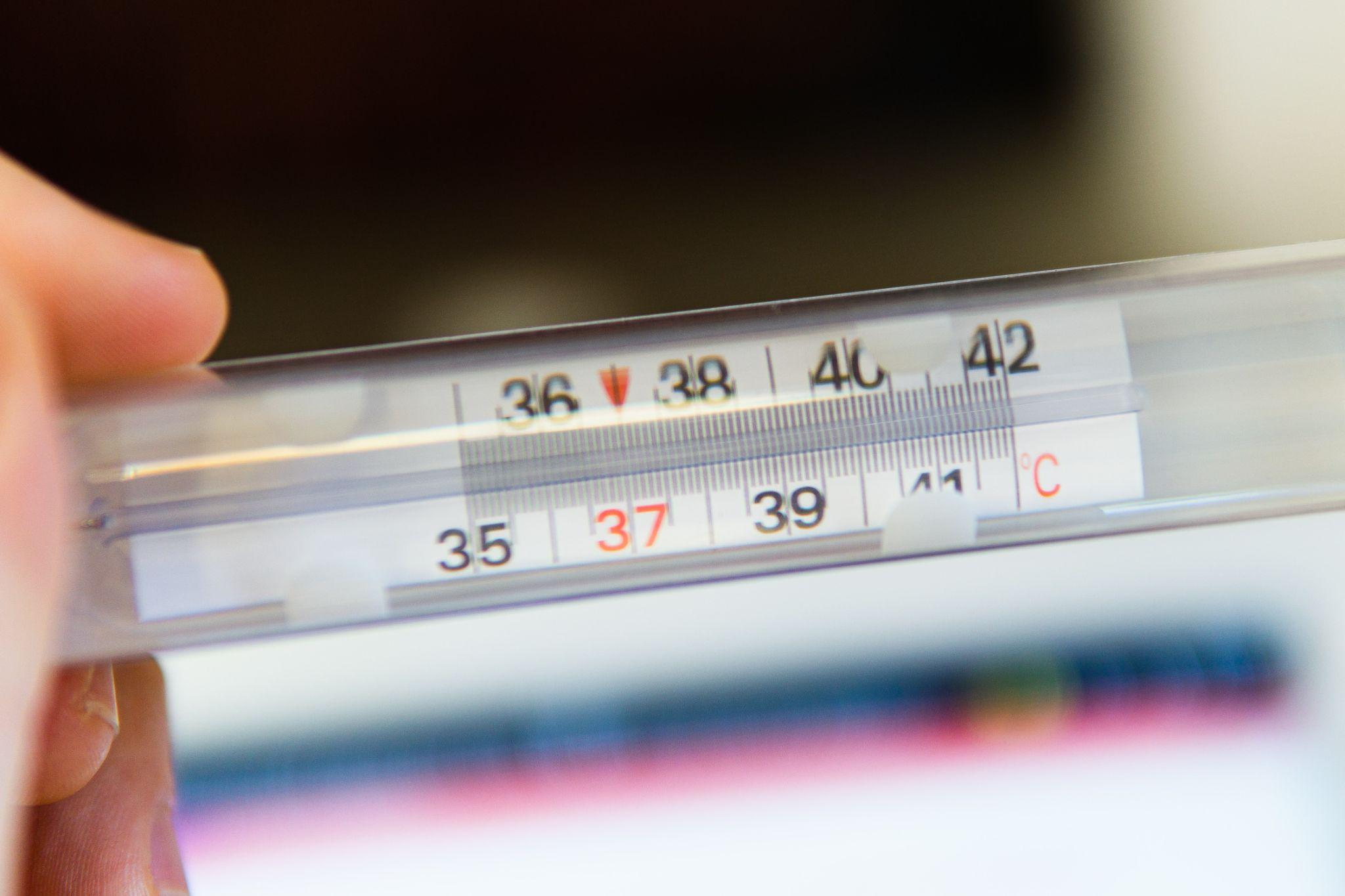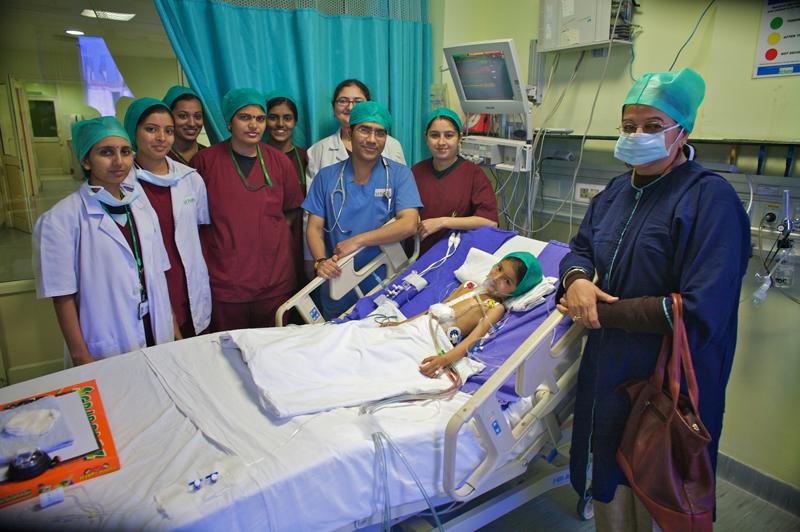Read how to manage your child’s fever to help them recover faster.
Fever is normal in young children and teenagers, and their temperature usually comes back to normal after 3 or 4 days. And although it is the body’s natural response to illness or vaccines, it is crucial as a parent to know a few things to help your children recover faster. In this article, you can find helpful information certified by world organizations about how to manage high temperatures in infants, as well as general recommendations worth taking a look at.
Dress Them In Light Clothing
Although many important organizations do not recommend undressing children when they present a fever, it is important to assess their clothing and perhaps change them into something more comfortable. Heavy fabrics or beddings can contribute to your child’s high temperature and interfere with their body’s natural form of dealing with illness or vaccinations. Furthermore, apart from dressing them in light clothing, it is vital to cover them with a light blanket to avoid drastic temperature changes.
Give Them Plenty Of Fluids
To avoid dehydration, which is when there is not enough water in the body, make sure to give your children plenty of fluids such as water. If you’re unsure if your child is suffering from this, “dehydration in children usually is caused by vomiting, diarrhea, or both. It also can happen when children don’t want to drink because they have mouth sores or a sore throat. Kids also can get dehydrated in hot weather or when they are very active”. If your child is struggling to drink, a spoon can be used to make the process easier, as well as starting with a few sips and then evolving to drinking more, as recommended by the NHS.
Check Them Regularly During The Night
At night, your child is more prone to getting higher fevers or feeling sicker if not checked upon regularly to make sure they are drinking plenty of fluids and are not dressed in heavy clothing, just as the first two points mentioned above. It is essential to check them at night thus, “body temperature rises naturally in the evening, so a slight fever during the day can easily spike during sleep.” It is recommended to take their temperature a few times during the night to make sure the fever is either staying the same or calming down. Many after hours doctors do not recommend waking children up to give them their medicine or monitoring their temperature, thus getting a good night’s sleep is always better for their recovery.
Allow Them To Manage Their Food
Doctors recommend giving children food if they want to but not forcing them to eat if they don’t have an appetite. Forcing your child to eat can cause them to vomit and feel worse, so try to avoid it. In addition to this, when offering food, make sure it is a healthy and rich meal that contains either vegetables, mashed potatoes, rice, or other nutritious options. It is advised to avoid fatty foods and fried meals thus to prevent your child from struggling to digest them.
The Bottom Line
In some situations, you might have to give infants medicines to bring down their temperatures. While it is normally quite difficult to give medicines to children as it is, when they are sick, they might not want to consume any tablets or capsules that you might want to give them. A good way to overcome this problem is to use a swallowing gel and place the medicine inside of it. Infants will be able to swallow the gel and along with it the medicine.
If your child is suffering from a fever, there’s nothing to worry about at first sight, although it is essential to keep a close look at their behavior and state to know when to call a doctor if their condition gets worse. Fevers are extremely common among children and teenagers, and the recommendations exposed above will help them feel better, but it is always advisable to consult with a doctor before giving them any medication just to be sure you won’t make them feel worse.


















